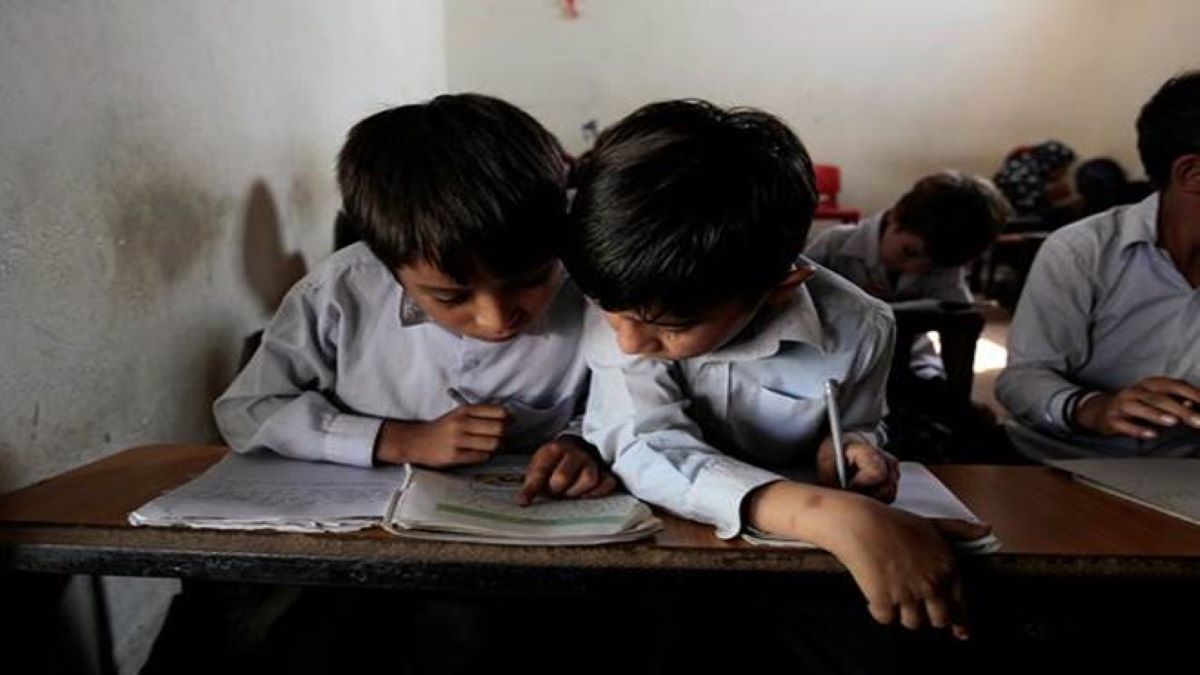16 Aug , 2022 By : Monika Singh

Around 1.37 billion students in 138 countries have been affected due to the closure of schools and universities because of the pandemic, a UNESCO study revealed. As a result, students around the globe are at least eight months behind where they would have been had the pandemic not occurred, a McKinsey report stated. “It is true that we are lagging behind but the issue is not just about eight months, the pandemic has intensified various existing gaps in our system,” Ameeta Wattal, chairperson and executive director of education, DLF foundation schools said. She added that when the Covid struck, except for a viviscal group of people who could afford to go online, in rural parts of the country learning did not reach children at all. “Children in the villages were already lagging behind in terms of literacy and Covid further deepened this gap,” she said.
Studies show that even in high income countries, which had a relatively better level of pre-COVID-19 performance, the academic process of students was delayed by about five months. As for the low and medium income pre-pandemic-challenged countries, the gap in learning could be measured upto 15 months. In India, students on an average may be 12 months behind due to the pandemic. Smaller children who should have entered nursery at the age of three are now being admitted straight to grade one which has left their cognitive, gross, and fine motor skills underdeveloped.
This learning gap primarily could be attributed to the duration of closure of schools as a measure to curb the spread of the virus. Schools in South Asia, which includes countries such India, Nepal, Pakistan, Sri Lanka, among others, were shut down for the longest period for over 75 weeks. As a result, many children during the pandemic had to study online which has its own challenges such as poor concentration level of children in the online mode of education and low level of motivation. Several parents also took out their children from schools due to financial constraints amid the pandemic leading to loss in studies. “I didn’t have money to even buy food for my family so my daughter had to drop out of school,” Shashikala, aged 37, a Bengaluru based house help and a single mother, said.
The gap in learning of students was further heightened by the divide in access to education due to a sudden shift to e-learning. In low-income countries such as Tanzania, fewer than one percent children were able to participate in the online classes due to unavailability of smartphones and internet facility. In India also, lack of access to these facilities in rural areas had held back many students from attending classes during the pandemic. Around 15 crore children are currently out of the education system, Dharmendra Pradhan, Union Minister of Education and Skill Development and Entrepreneurship, mentioned in August, last year.
Researchers say that this lower level of learning could translate into lower future earnings for these students and lower economic production for the nations. In fact, by 2040, pandemic-related learning delays could lead to annual losses of $1.6 trillion worldwide, or 0.9 percent of total global GDP. However, if schools and governments tailor their strategies and educational policies some relief could be found. “India is already in the process of replenishing this gap. Teachers have built reminidal courses for students to bring them at par. It will take some time but things will eventually fall into place,” Shailaja Gopinath, Principal, Delhi Public Schools (DPS), Hyderabad, said.
0 Comment